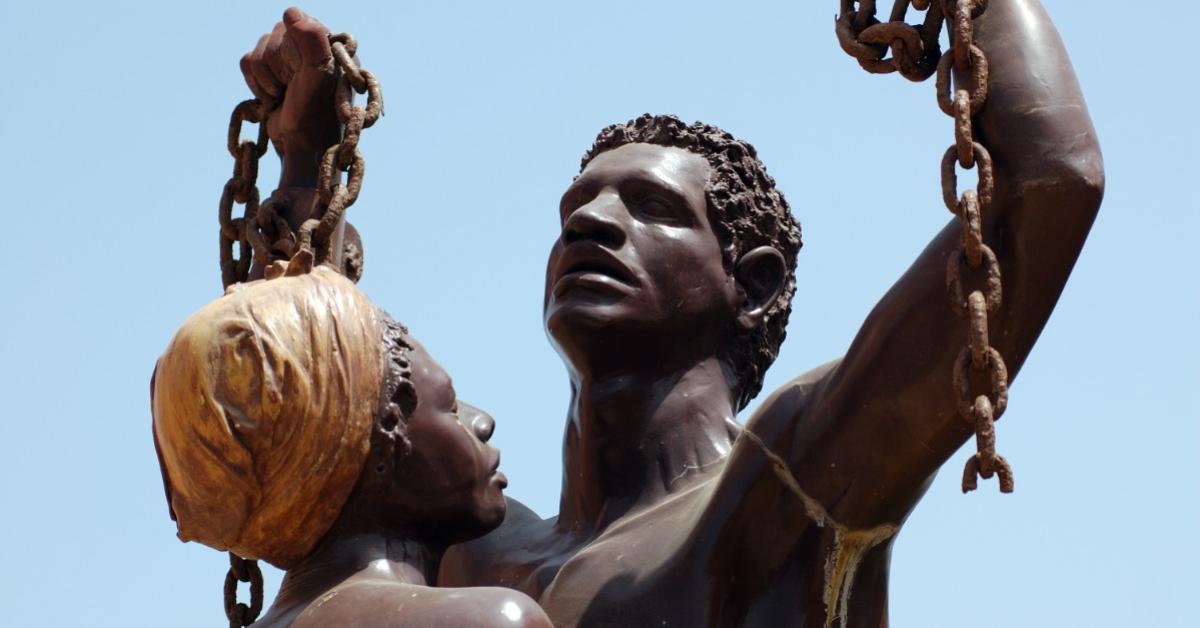Status inequality is inevitable due to the uneven distribution of talent. Even in poor societies, talented people eclipse their peers by joining the ranks of the elite. Inequality is an indication that ability is recognized by society. The absence of inequality suggests that talent is uncultivated.
Failure to cultivate talent hampers the organization of society. In all societies there are people more equipped to perform some tasks than others, and if such people are precluded from being effective, then society won’t be efficient. Natural hierarchies emerge even in the most primitive societies. Automatically some people are chosen as leaders because of competence or ability to appropriate resources for the group.
Others excel due to their prowess in warfare or religion, and some excel in economic activities. Social stratification must occur for society to advance. Not even hunter-gatherers were spared from inequality. Anthropologists record hunter-gatherers as having a modest level of inequality.
Invariably, ambitious people will acquire more than their peers. Like talents, preferences are unevenly distributed. One person could be contented with his living standards whereas his neighbor aspires to an aristocratic lifestyle. This disparity in ambition leads to one person becoming better off, but this is not to the detriment of his contented neighbor.
Inequality is so universal that it was a fixture even in slave societies. Slavery is perceived as a closed economic system with little room for mobility, yet this is untrue. In precolonial Africa, slaves were rewarded for hard work and loyalty. Some even served in administrative positions and were then freed.
Although in the British West Indies and the American South slaves were chattel and less likely to be manumitted, inequality was still pervasive. Carpenters, sugar boilers, blacksmiths, cabinetmakers, and rum distillers constituted an elite core of slaves. These slaves enjoyed a greater degree of mobility, wore better clothing, and benefited from a superior diet. Skilled slaves in the West Indies and the American South were also hired out and paid for their services. Due to their success, prosperous slaves were able to build nicer homes on plantations.
Inequalities led to feelings of superiority, with domestic slaves believing that they were better than field slaves because of their access to superior amenities, attire, and greater opportunities for manumission. Inequalities could become so glaring that some slaves could afford to bequeath property to heirs. Slavery even provided a role for entrepreneurial slaves who conducted business with both races. The business model of slave entrepreneurship was quite savvy and entailed contract negotiations and the large-scale marketing and distribution of their goods. Prosperity made some slaves suppliers of credit and enabled them to purchase the freedom of loved ones.
Further, those who possessed leadership abilities were tasked with leading slave gangs. These slave drivers were usually men and they commanded significant authority. Slave drivers had access to a wider array of resources than the typical slaves. They could punish other slaves and, as a result, were feared by their peers. Although such people remained slaves, they experienced more autonomy relative to their contemporaries and lived away from other slaves.
As expected, status inequality led to differences in occupational mortality rates. Barry Higman contends that the most relevant occupational mortality disparity was that between field laborers and slave drivers, skilled slaves, and domestics. Relying on data from Saint Lucia, Higman shows that on sugar plantations, the death rates of field workers doubled those of privileged groups. Less fortunate slaves not only suffered from low levels of material consumption, they also died earlier.
Clearly, slaves were aware of status differentials and expected the class system to reproduce itself. Inequality was so entrenched that on some plantations elite families emerged. These families enjoyed a closer relationship with planters than the average slaves. Such families not only had more access to resources but also more time to pursue nonwork activities. The extra time gave them the opportunity to sell produce in the marketplace and earn extra cash.
Justin Roberts narrates the comfortable lifestyle of an elite slave family in Barbados:
Some slave kinship groups, such as Old Doll’s family at Newton, were remarkably successful at attaining elite positions and privileges for their members. . . . In 1796, the new manager, Sampson Wood, noted that [Doll] “does nothing,” but she and her family acted as healers and caretakers for both managers and slaves.
Though understudied, slaves with medicinal skills featured prominently as elite slaves. These slaves utilized the medicinal properties of plants to treat ailments. Some were even more regarded than physicians. Their services were solicited by both whites and blacks. Because of their influence as healers, many became qualified for manumission.
These examples demonstrate that not even slave societies could quell the ability of talented people to surpass their peers. Inequality enables society to allocate resources and talents to scale. Therefore, inequality is functional, and without it, society would collapse.
























